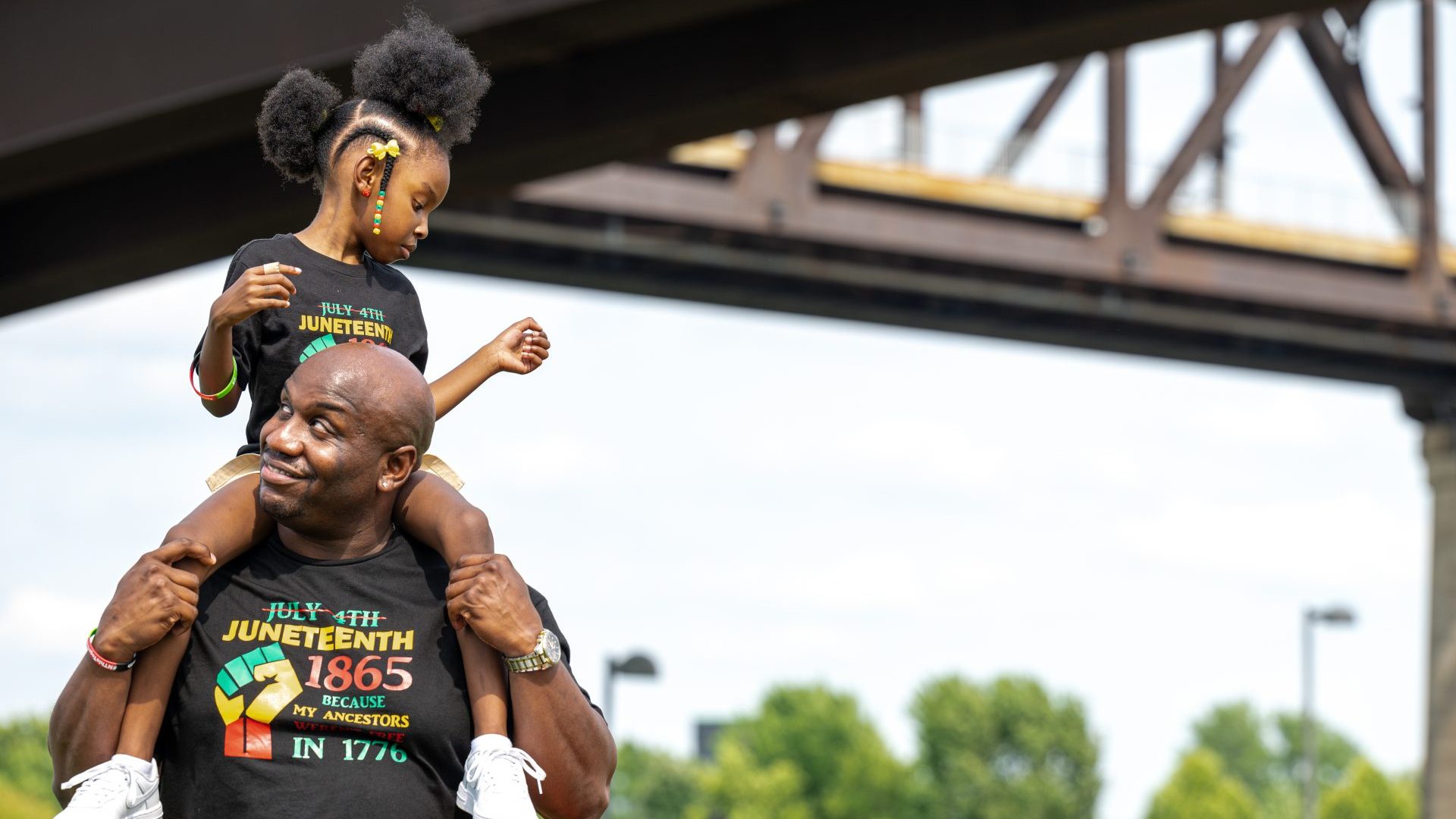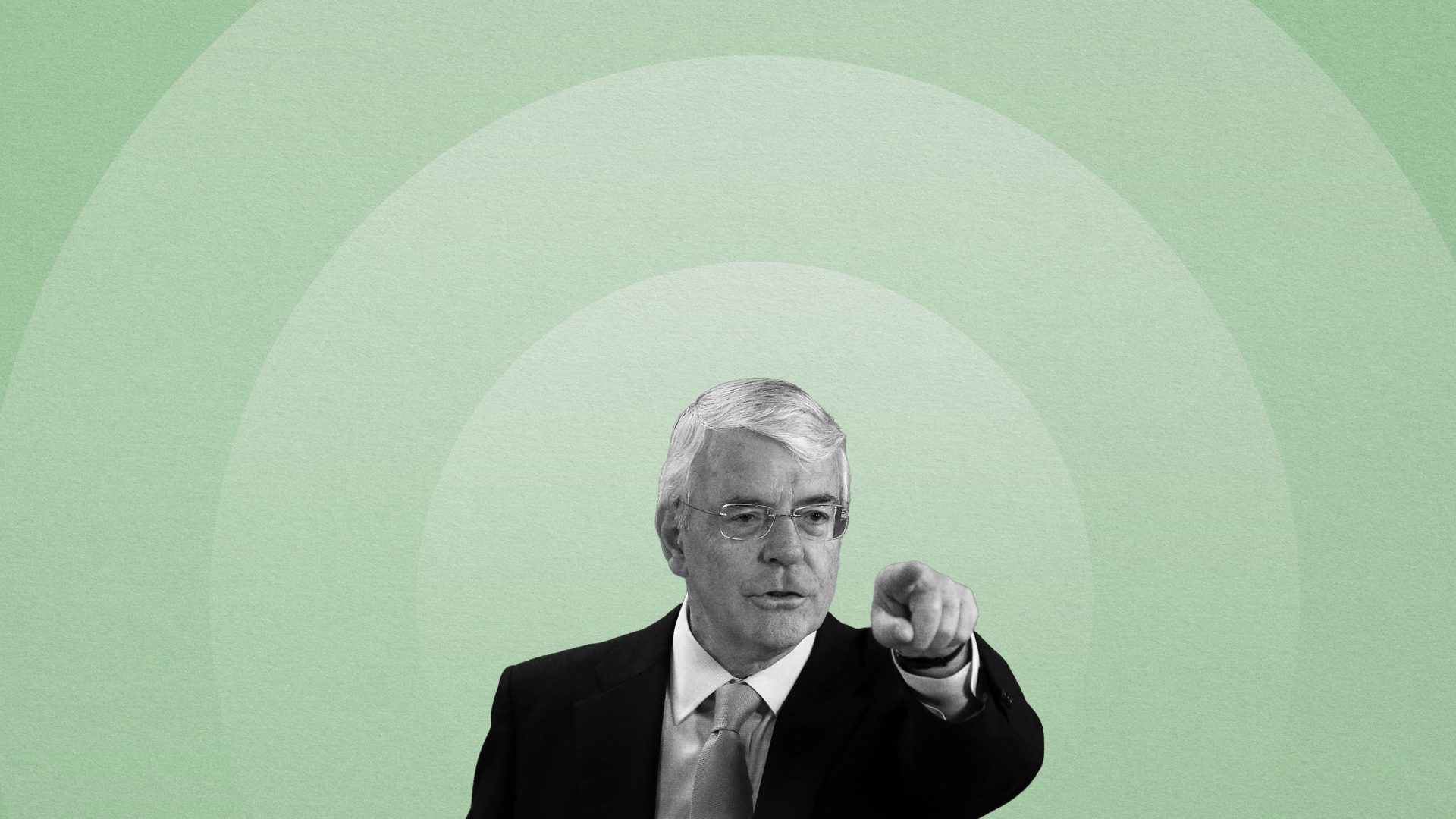It is important to keep in mind that the Emancipation Proclamation issued by Abraham Lincoln in January 1863 was a piece of civil wartime strategy. While Lincoln opposed slavery, he also calculated that freeing my ancestors from bondage was the best way to break the southern planters who were the drivers of 11 slave states’ secession from the United States.
Forget the Gone With The Wind idea of these enslavers as owners of big rural operations. Professor Sarah Churchwell blows that illusion to pieces in her brilliant book The Wrath To Come, in which she dismantles the toxic fairytale of Scarlet O’Hara, Tara and Mammy.
Most plantations were medium-to-small operations, with a handful of enslaved people who often gave birth and got old and met death being called only by their first name.
The Proclamation required Union soldiers to go into these plantations and set these African Americans free. The soldiers were now not an army of invasion and occupation, they were an army of liberation. The armies quickly picked up camp followers, ex-slave families moving around with them for safety and a kind of freedom. These people were not going back. They were on the road.
“I got shoes. You got shoes. All God’s chillun’ got shoes,” goes a lovely song I learned as a child – but I had absolutely no idea what it meant. It meant moving. The road. And on the road, too, were those whose businesses, whether big or small, had profited from slavery.
Genres emerged from this time, and one in particular – the Western – emanated partly from the “lost cause” myth of the civil war. In this, among other things, the South was seen as the victim in what some of their number called the “war of northern aggression”.
Defeated Southerners exiled themselves and in doing so created one of the roots of the Western itself. “You might be goin’ to hell, but I’m goin’ to Texas,” the saying went.
And it was Texas, the Lone Star state which became a last refuge for those still at war, both literally and figuratively, with the federal government over slavery.
But finally the last refuge was breached and on June 19, 1865, in Galveston, Texas, two years and six months after the Proclamation was issued, one Major General Gordon Granger proclaimed that enslaved people in the state of Texas were free. People came to celebrate the anniversary of this day, calling it “Juneteenth”.
Juneteenth gives, especially Black Americans, a kind of alternative to July 4th, America’s independence day. As the great Frederick Douglass asked: “What to the slave is the Fourth Of July”?
Joe Biden made the date a federal holiday in 2021, and Juneteenth became a day of national celebration. The Harvard law professor and Pulitzer-winning writer Annette Gordon-Reed wrote: “So, now there are two: one federal holiday to celebrate the independence of the American nation, and one to celebrate the independence of a nation within the American nation.”
It is celebrated now in the US wherever the descendants of the enslaved are, and beyond. The Mascogo, celebrate in Mexico – they are descendants of Seminoles from Florida who escaped from slavery in 1852, and who are known as the “Black Seminoles”, finally settling in Mexico.
Traditions on the day include singing Swing Low, Sweet Chariot, a funeral dirge, until England rugby fans picked it up. And of course there is the rousing and joyous Lift Every Voice And Sing, sometimes called “The Black National Anthem”. There are recitals, and beauty contests, public readings of the writings of the great and the good.
And facilities – you were free, back in the day, to use the water fountain that you wanted; the toilet that you needed. There were no “Whites Only” signs posted everywhere the eye could see.
For the formerly enslaved, trapped in the web of segregation, Juneteenth was a yearly, longed-for haven. Then we could see our history in the big picture of the “home of the brave and the land of the free.”
Yet despite Juneteenth being a federal holiday, over 20 states have yet to allocate the funding so that state employees can take the day off.
This is not unusual. Ronald Reagan signed Martin Luther King’s birthday into federal law in 1983 but, by 1990, New Hampshire and Arizona and Montana had still not made it a legal day off.
The governor of Arizona, a Democrat, enacted the holiday and the governor after him, a Republican rescinded it. It took Stevie Wonder, the Doobie Brothers, Public Enemy and the NFL to call for a boycott of the state over the years until the public overwhelmingly voted to make the birthday of MLK a state holiday.
The African American novelist and the guy who beat Hemingway to a literary prize, Ralph Ellison, was working on another novel after the breakthrough success of his classic, The Invisible Man.
The second novel was an assemblage of Ellison’s writings, over the length of forty years. It was edited after his death and became the long-awaited second novel that he never published in his lifetime. It was called Juneteenth.
The novel is about a man who passes for white, and becomes a race-baiting US Senator. It is during a Juneteenth celebration, when he was a child, that the Senator, Adam Sunraider, discovers that his mother was white.
He breaks away from the black community, considers himself white, becomes a race-baiter and on his deathbed dismisses Juneteenth.
The novel was a critical failure. But Ellison was right to choose the title that he did. The conundrum, the contradiction of America is its “birth defect”: racism… and its failure.
For all the celebrating and joy that Juneteenth brings and is, it cannot hide the fact that inequality still exists, racism still exists in a nation whose aspiration was to be that “shining city on the hill”.
Even as the people discovered that they were free as they listened to the reading of the Proclamation, many went right back to the status quo, back to the same reality.
It took 100 years for black people to be able to begin to vote legally in Mississippi. That is just one example of the systemic racism of the US. And yet the hope and the promise have to be believed in and passed on for the sake of the present, the hope of the future and in the name of the past.
Because inside you are those people, once considered three quarters of a human being, who stood there and listened to a soldier giving them some good news in 1865.




